Anti-inflammatory Foods Explained
Inflammation can be beneficial or harmful. On the one hand, it aids in the body’s defense against infection and harm. Chronic inflammation, on the other hand, can contribute to weight gain and illness. This risk can be exacerbated by stress, inflammatory meals, and a lack of physical activity. However, research shows that some meals can help to reduce inflammation. Here are 13 foods that are anti-inflammatory.
1. Berries
Berries are tiny fruits with a high fiber, vitamin, and mineral content. Although there are many of variants, these are a few of the more popular:
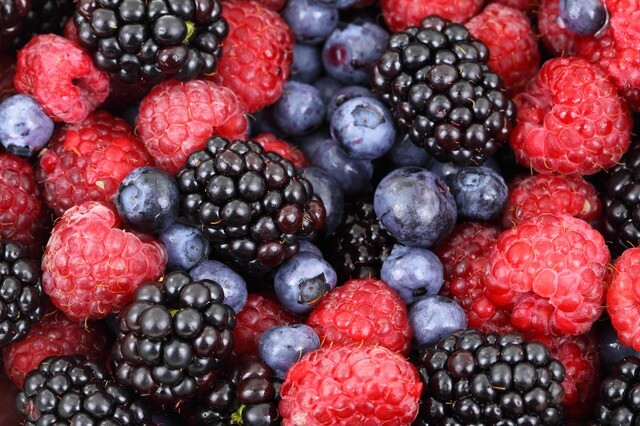
- strawberries
- blueberries
- raspberries
- blackberries
Anthocyanins are antioxidants found in berries. These substances have anti-inflammatory properties, which may lower your illness risk.
Natural killer cells (NK cells) are cells produced by your body that aid in the normal functioning of your immune system.
Men who ate blueberries every day produced considerably more NK cells than those who did not, according to one research.
Adults with extra weight who ate strawberries had reduced levels of some inflammatory markers linked to heart disease in another research
CONCLUSION
Antioxidants called anthocyanins are found in berries. These substances may help to decrease inflammation, increase immunity, and lower your chances of developing heart disease.
2. Fatty fish
Protein and the long-chain omega-3 fatty acids EPA and DHA are abundant in fatty fish. These fatty fish are among the finest suppliers of omega-3 fatty acids, despite the fact that all varieties of fish include some:
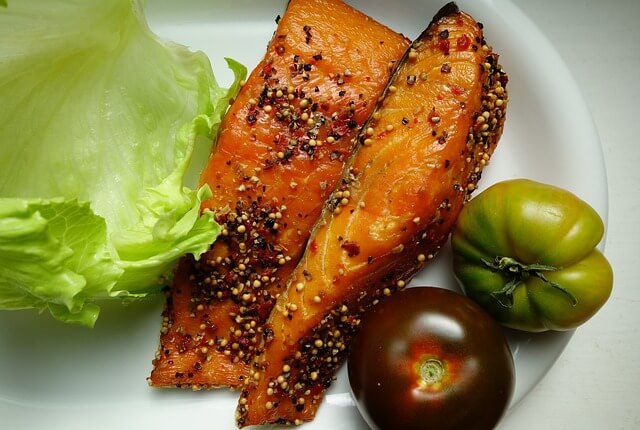
- salmon
- sardines
- herring
- mackerel
- anchovies
EPA and DHA help to prevent metabolic syndrome, heart disease, diabetes, and renal disease by reducing inflammation.
These fatty acids are metabolized by your body into anti-inflammatory chemicals called resolvins and protectins.
People who ate salmon or took EPA and DHA supplements had lower levels of the inflammatory marker C-reactive protein, according to studies (CRP)
In a another research, participants with an irregular heartbeat who took EPA and DHA daily had no improvement in inflammatory markers when compared to those who took a placebo.
CONCLUSION
Omega-3 fatty acids EPA and DHA, which have anti-inflammatory properties, are abundant in fatty fish. you can buy the supplements online as well
3. Broccoli
Broccoli is a superfood that is packed with vitamins and minerals. Like cauliflower, Brussels sprouts, and kale, it is a cruciferous vegetable. Consumption of cruciferous vegetables has been linked to a lower risk of heart disease and cancer, according to research. This might be due to the antioxidants’ anti-inflammatory properties.
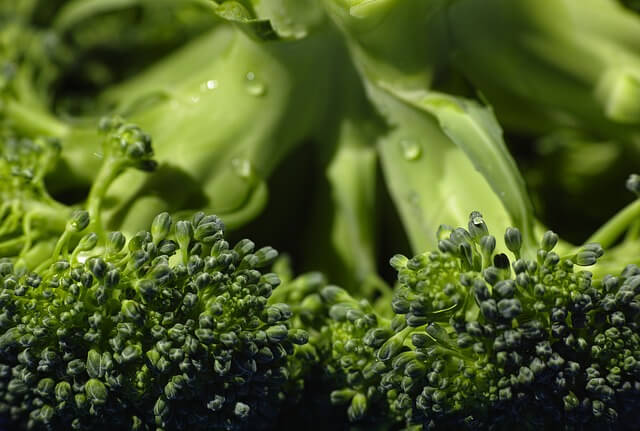
Broccoli is high in sulforaphane, an antioxidant that reduces inflammatory cytokine
CONCLUSION
Sulforaphane, an antioxidant with potent anti-inflammatory properties, is abundant in broccoli, making it one of the greatest sources you also can buy supplement here is our suggestion
4. Avocados
Avocados might be one of the few true superfoods They’re high in potassium, magnesium, fiber, and monounsaturated fats, all of which are good for your heart. Carotenoids and tocopherols, which have been associated to a lower risk of cancer, are also present. Furthermore, one chemical found in avocados may help young skin cells minimize inflammation.
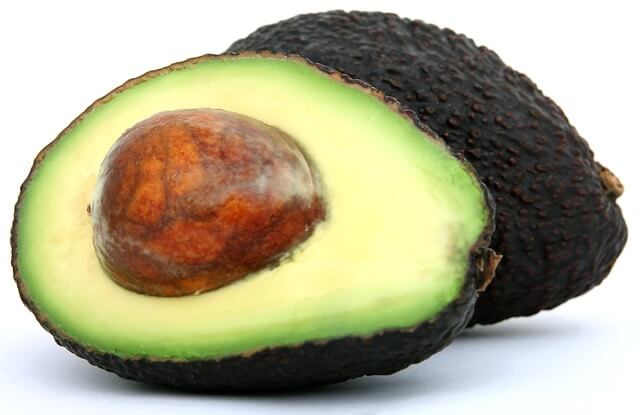
When consumers ate a piece of avocado with their hamburger, their inflammatory markers NF-kB and IL-6 were lower than when they ate the hamburger alone, according to one research.
CONCLUSION
Avocados include a number of anti-inflammatory chemicals that may help you avoid cancer.
5. Green tea
Green tea is one of the healthiest liquids you can consume, as you’ve surely heard. It lowers your chances of getting heart disease, cancer, Alzheimer’s, obesity, and other illnesses. Its antioxidant and anti-inflammatory qualities, particularly a component known as epigallocatechin-3-gallate, are responsible for many of its advantages (EGCG).

EGCG reduces pro-inflammatory cytokine synthesis and fatty acid damage in your cells, which helps to prevent inflammation. Green tea is widely available in supermarkets and on the internet. click here to buy online
CONCLUSION
The strong EGCG concentration in green tea helps to decrease inflammation and protect your cells from disease-causing damage.
6. Peppers
Vitamin C and antioxidants found in bell peppers and chili peppers have potent anti-inflammatory properties. Bell peppers contain the antioxidant quercetin, which can help patients with sarcoidosis, an inflammatory illness, lower one indication of oxidative damage.
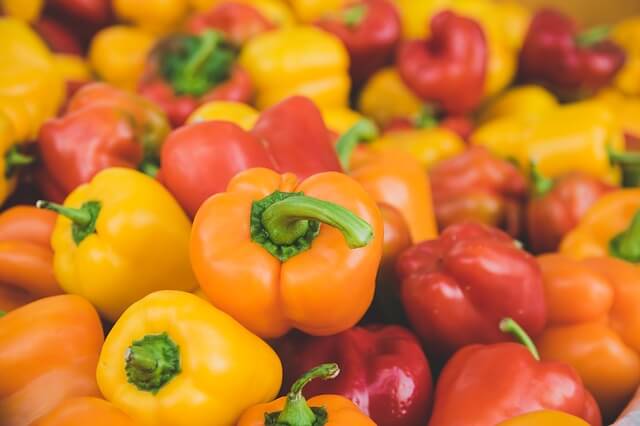
Chili peppers include the anti-inflammatory compounds sinapic acid and ferulic acid, which may help you age better.
CONCLUSION
Chili peppers and bell peppers are high in anti-inflammatory antioxidants such as quercetin, sinapic acid, ferulic acid, and others.
7. Mushrooms
Only a few mushroom kinds are edible and economically farmed, despite the fact that there are hundreds of kinds worldwide. Truffles, portobello mushrooms, and shiitake mushrooms are just a few of the options. They’re low in calories and high in selenium, copper, and B vitamins.
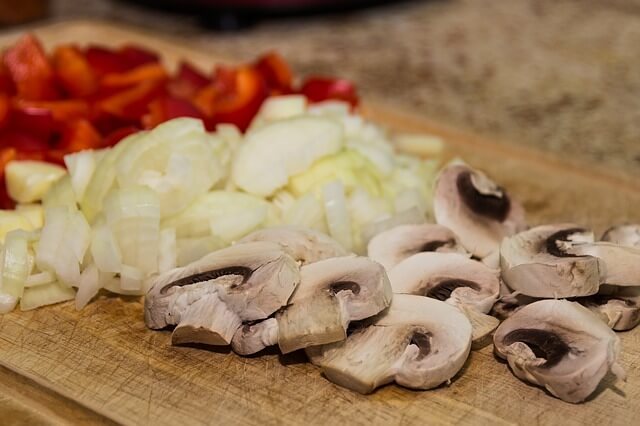
They also have anti-inflammatory phenols and other antioxidants. The lion’s mane mushroom, a unique form of fungus, may help to lower low-grade inflammation linked to obesity.
Cooking, however, drastically reduced its anti-inflammatory chemicals, according to one research. Thus, eating them raw or minimally cooked may be the best option.
CONCLUSION
You can get the most anti-inflammatory benefit by eating them raw or gently cooked.
8. Grapes
Anthocyanins, which are found in grapes, help to prevent inflammation. They may also reduce the risk of a variety of ailments, including heart disease, diabetes, obesity, Alzheimer’s disease, and eye problems.

Grapes are also a good source of resveratrol, a chemical with a variety of health advantages. In one study, persons with heart disease who took grape extract on a regular basis saw their inflammatory gene markers, such as NF-kB, drop. Furthermore, their adiponectin levels rose. Low levels of this hormone are linked to weight gain and a higher cancer risk.
CONCLUSION
Resveratrol, one of the plant chemicals found in grapes, can help to decrease inflammation. They may also lower your chances of contracting a variety of illnesses
9. Turmeric
Turmeric is an earthy-flavored spice that is commonly used in curries and other Indian cuisine. Curcumin, a potent anti-inflammatory substance, has gotten a lot of attention because of its presence. Turmeric can help with arthritis, diabetes, and other inflammatory illnesses. In fact, in persons with metabolic syndrome, eating 1 gram of curcumin daily mixed with piperine from black pepper resulted in a considerable reduction in the inflammatory marker CRP.
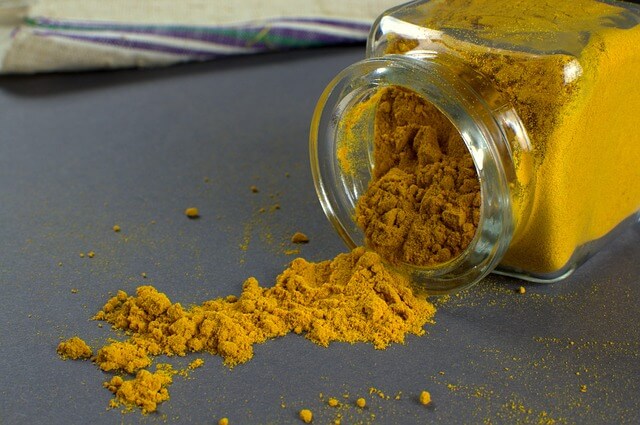
However, it may be difficult to obtain enough curcumin from turmeric alone to provide a visible benefit. In one trial, women who took 2.8 grams of turmeric per day for weight loss showed no change in inflammatory markers. It is far more beneficial to take solitary curcumin pills. Piperine, which can increase curcumin absorption by 2,000 percent, is frequently coupled with curcumin tablets.
Turmeric may be found at most grocery shops as in powder form or you can buy it online if you want to use it in your cuisine. you can also use a suppliment here is our pick for you
Conclusion
Turmeric includes curcumin, a potent anti-inflammatory substance. The absorption of curcumin can be considerably improved by eating black pepper with turmeric.
10. Extra virgin olive oil
One of the healthiest fats you can eat is extra virgin olive oil. It’s high in monounsaturated fats and a key component of the Mediterranean diet, which has a long list of health advantages. Extra virgin olive oil has been linked to a lower incidence of heart disease, brain cancer, and other major health problems in studies.
CRP and numerous other inflammatory markers fell dramatically in individuals who ingested 1.7 ounces (50 ml) of olive oil daily in one trial on the Mediterranean diet.
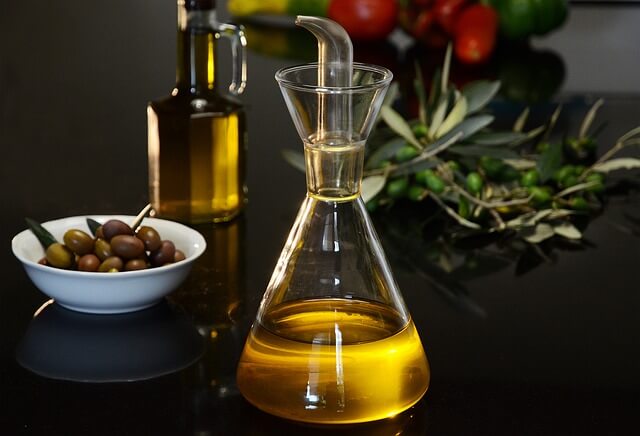
Anti-inflammatory medicines like ibuprofen have been likened to the effects of oleocanthal, an antioxidant present in olive oil. Extra virgin olive oil has stronger anti-inflammatory properties than refined olive oil. Extra virgin olive oil is simple to get by in your local supermarket, but it’s also available online.
CONCLUSION
Extra virgin olive oil has potent anti-inflammatory properties that may help you avoid heart disease, cancer, and other significant health problems.
11. Dark chocolate and cocoa
Dark chocolate is rich, sweet, and filling, It’s also high in antioxidants, which help to alleviate inflammation. These may lower your risk of illness and help you age well. Chocolate’s anti-inflammatory properties are due to flavanols, which help maintain the endothelial cells that line your arteries healthy.
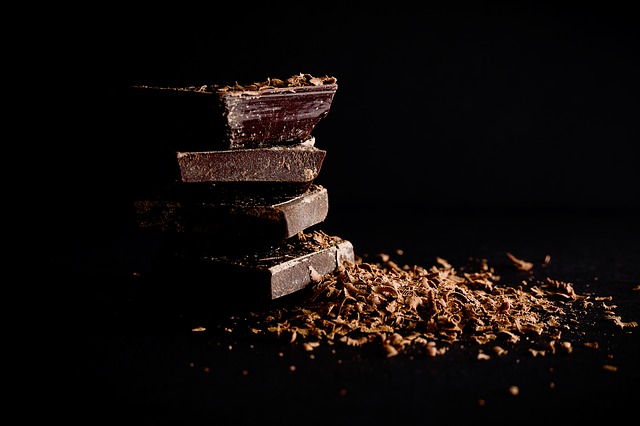
In one research, smokers who ate high-flavonol chocolate had substantial improvements in endothelial function within 2 hours. To get these anti-inflammatory effects, make sure to purchase dark chocolate that has at least 70% cocoa — a higher proportion is even better.
You may always buy this treat online if you forget to pick it up on your last trip to the shop.
CONCLUSION
Dark chocolate and cocoa contain flavanols, which can help to decrease inflammation. They may also lower your chances of contracting a variety of disorders.
12. Tomatoes
The tomato is a nutrient-dense food. Vitamin C, potassium, and lycopene, an antioxidant with anti-inflammatory qualities, are all abundant in tomatoes. Lycopene may be especially helpful in lowering pro-inflammatory chemicals linked to a variety of cancers. According to one study, consuming tomato juice reduced inflammatory markers in women who were overweight but not obese.
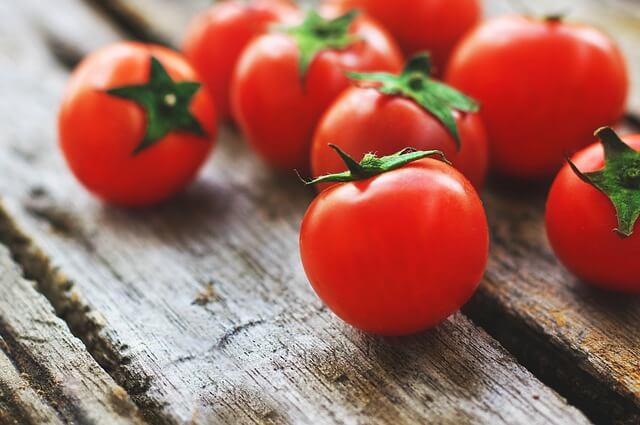
It’s worth noting that cooking tomatoes in olive oil might help you absorb more lycopene. This is because lycopene is a carotenoid, a vitamin that absorbs better when consumed with fat.
CONCLUSION
Tomatoes are high in lycopene, an antioxidant that may help to decrease inflammation and prevent cancer.
13. Cherries
Cherries are tasty and full of anti-inflammatory antioxidants including anthocyanins and catechins.
Tart cherries have been researched more than other types for their health-promoting characteristics, although sweet cherries also offer advantages.

People who ate 280 grams of cherries per day for one month had lower levels of the inflammatory marker CRP, which remained low for another 28 days after they stopped eating cherries, according to one research.
CONCLUSION
Antioxidants found in sweet and tart cherries help to lower inflammation and disease risk.
Inflammatory foods | Food Causing Inflammation:
It’s crucial to restrict your intake of foods that might cause inflammation, in addition to stocking your diet with beneficial anti-inflammatory nutrients. Processed foods such as fast food, frozen meals, and processed meats, for example, have been linked to increased levels of inflammatory markers such as CRP.
Meanwhile, trans fats, a form of unsaturated fatty acid associated to heightened inflammation, are found in fried meals and partly hydrogenated oils. Other items that have been linked to inflammation include sugar-sweetened drinks and refined carbohydrates. Here are some foods that have been related to an increase in inflammation levels.:
• Junk foods include fast food, ready-to-eat meals, potato chips, and pretzels.
• White bread, spaghetti, white rice, crackers, flour tortillas, and biscuits are examples of refined carbs.
• Deep Fried Foods: Fries, doughnuts, fried chicken, mozzarella sticks, and egg rolls are all fried dishes.
• Sugary drinks, such as soda, sweet tea, energy drinks, and sports drinks Bacon, beef jerky, tinned meat, salami, hot dogs, and smoked meat are examples of processed meats.
• Trans-fats Shortening, partly hydrogenated vegetable oil, and margarine contain trans fats.
CONCLUSION
Sugar-sweetened drinks, processed meals, fried meals, and partly hydrogenated fats are all known to cause inflammation.
Last but not least
Chronic inflammation, even at modest levels, can lead to illness.
Choose a broad selection of delectable, antioxidant-rich meals to help keep inflammation at bay. Peppers, dark chocolate, seafood, and extra virgin olive oil are just a few items that can help you minimize your risk of sickness and inflammation.
